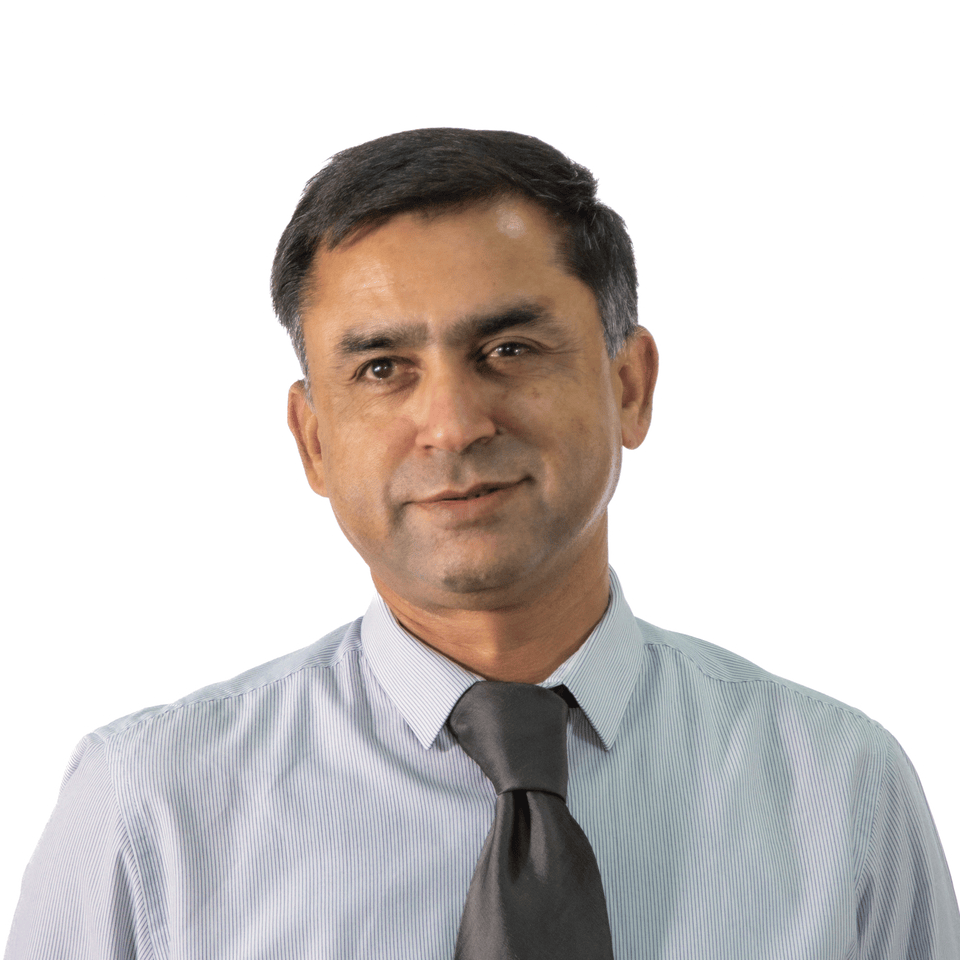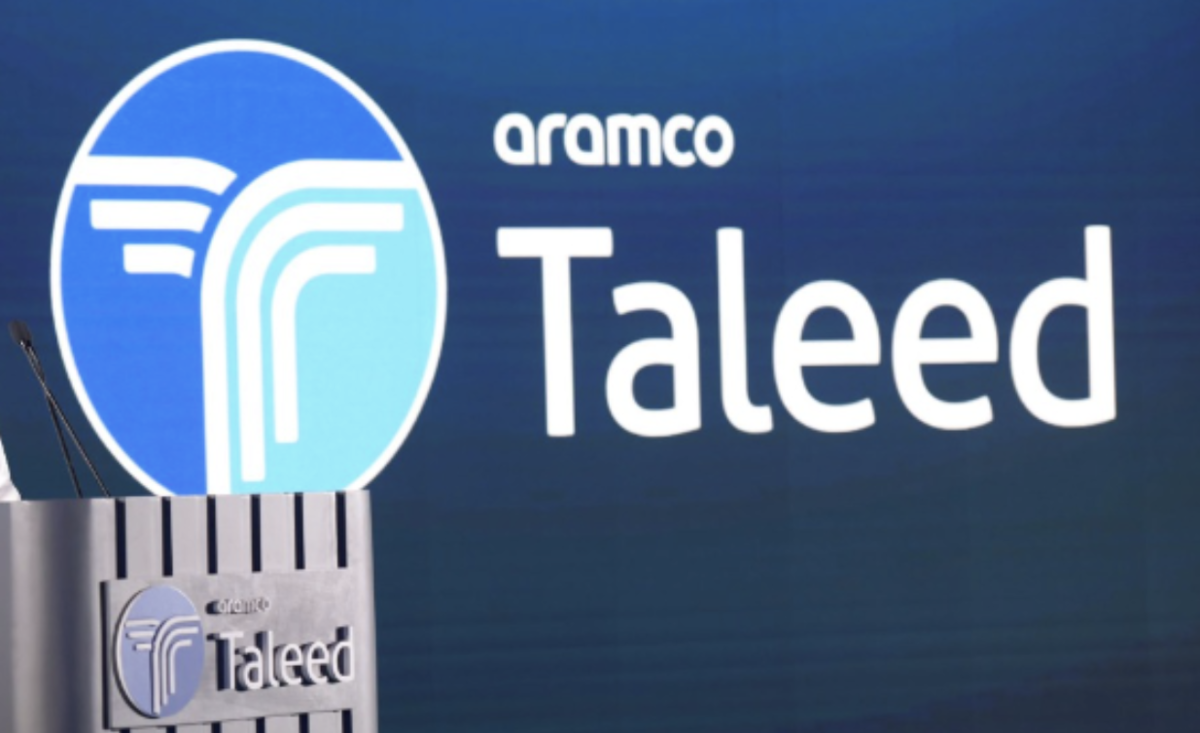JEDDAH: Reforms across Saudi Arabia’s financial landscape have significantly transformed the sector, driven by the Financial Sector Development Program, experts have told Arab News.
One of the key initiatives of the Kingdom’s Vision 2030, the program aims to promote income diversification, enhance savings, and provide a range of financing and investment opportunities.
These reforms have been implemented under the close oversight of the Saudi Central Bank, known as SAMA, which has also played a crucial role in fostering the growth of fintech and digital banking through a supportive regulatory framework and various initiatives.
Speaking to Arab News, Yaseen Ghulam, associate professor of economics and director of research and consulting center at the Riyadh-based Al-Yamamah University, named five major reforms in Saudi Arabia’s financial sector that have had significant impact on the overall efficiency and competitiveness of financial institutions.
He noted that the FSDP, which was launched in 2017, has enhanced the Saudi Stock Exchange, or Tadawul, to become a globally competitive investment platform with robust market infrastructure.

Yaseen Ghulam, associate professor of economics and director of research and consulting center at the Riyadh-based Al-Yamamah University. Supplied
“The plan is to enhance trading infrastructure and settlement processes to meet international best practices, raising market capitalization, liquidity, and value to over $3 trillion, and facilitating the acquisition of money by overseas investors,” he said.
He added that this has led to greater online platforms, advanced fintech capabilities, integrated custody and clearing regimes, and greater investor rights, as well as increased alignment with sustainable finance norms, and improved transparency procedures.
He further added that Tadawul’s inclusion in the MSCI Emerging Markets Index in 2019 enhanced its standing as a global player.
Ghulam mentioned that fintech innovation has been a significant focus since the launch of the Fintech Saudi initiative in 2018, which has propelled Saudi Arabia toward becoming the leading hub for the sector in the region.
He added that by 2022, the program had helped the fintech ecosystem grow quickly, as seen by the establishment of many innovative businesses and the widespread use of digital payments.
“By enacting progressive laws, SAMA enabled this fintech revolution. In order to promote development, it built a regulatory sandbox for supervised testing of cutting-edge technologies, created specialist licenses for fintech businesses, and made banking infrastructure and application programming interfaces available,” he added.
This view was echoed by financial analyst Khalid Gaber Al-Zaidiy, who told Arab News that SAMA’s regulatory framework is key to the growth of fintech and digital banking in the Kingdom.
He added that some of the key impacts of this framework include encouraging innovation while maintaining financial stability.
“SAMA supports fintech innovation through initiatives like the Fintech Sandbox, enabling startups to develop and test products within a regulated environment,” he said.
By enforcing strict cybersecurity standards and regulations related to the protection of personal financial data, he added, SAMA enhances consumer trust in using fintech solutions. “This helps the sector grow sustainably and securely,” Al-Zaidiy said.
He added that by licensing new digital banks, SAMA fosters competition and supports digital economy growth, advancing the sector.
“The Central Bank’s policies promote financial inclusion and expand access to banking through digital solutions, creating opportunities for fintech companies,” the analyst added.
Green growth and international trust
Ghulam also highlighted the Kingdom’s commitment to green finance, stating that it has made strides in promoting environmentally friendly investments and projects in line with global sustainability trends.
This includes the issuance of green bonds as part of its Vision 2030 goals. “Saudi Arabia has positioned itself as a key player in the worldwide transition to a more environmentally responsible economic model through these proactive initiatives,” he said.
Ghulam emphasized that Saudi Arabia has implemented strategic policies to increase international investor participation, which has led to a record increase in foreign capital inflows and a boost in confidence in the Saudi financial system.
“Growing inflows reflect a global increase in trust in the stability of Saudi Arabia’s financial system,” he said.
He praised the establishment of the National Debt Management Center, adding that by creating specialized bodies to oversee the management of the country’s debt, Saudi Arabia has taken decisive action to improve public financial control and preserve a sound fiscal position.
Explaining how the rise of fintech and digital banking is reshaping customer expectations and experiences in the financial services industry, Ghulam stated that one of the most significant initiatives of the FSDP is the implementation of open and digital banking through fintech.
“As a result, Saudi Arabia is leading the fintech revolution, with over 226 fintech enterprises already in existence, due to its well-functioning telecommunication sector and heavy investment by government and telecom companies in infrastructure set up to bring higher speed and reliability of connections,” he said.
More importantly, the economist added, STC Bank, the Saudi Digital Bank, and the payment system of Sarie are leading the way in consumer digital banking and payment systems.
Ghulam further stated that digital banking saves customers time, reduces transaction costs, and fosters competition and economic growth.
“It is enhancing the financial sector by introducing new products and services for Saudi consumers and businesses. With consumer consent, these banking facilities allow third-party providers access to financial data, driving innovation in the industry,” he said, adding that digital wallets, smartphone apps, and online banking have become essential for managing accounts and transactions.
“Opening a bank account can now be done online, benefiting rural areas by eliminating the need for in-person visits. This shift has also improved financial inclusion by providing credit, insurance, and services to previously marginalized individuals and regions,” Ghulam said.
SMEs thriving
Highlighting how financial reforms are addressing the specific funding challenges faced by small businesses in Saudi Arabia, Ghulam noted that the Kingdom has over 1.3 million SMEs.
He noted that, like other developed countries, these companies face challenges in securing necessary financing due to collateral limitations and higher credit risk.
“The impetus for reforms in relation to SMEs funding has come from Vision 2030 and is related to FSDP. One of the main objectives of FSDP and related reforms is to amplify the financing of micro, SMEs within the banking system and to set up institutions such as SME Bank, Monsha’at, and Venture Capital companies to help improve thefinancing and ecosystem,” he said.
He noted that the FSDP aims to expand the current 10 percent ratio of SMEs financing in the banking system to 11 percent by 2025.
More importantly, to show its continued and strong support for these businesses, he said, the government is recommending that financial institutions devote 20 percent of their loan portfolios to this industry.
“Monsha’at has introduced several schemes in this regard. These include Funding Gate, an online one-stop-shop for financing, aggregating lenders and services, KAFALAH program, a loan guarantee service to help reduce risk and increase appetite for lenders, and Saudi Venture Capital Co., as well as Esterdad Initiative, and loans facilitated through the Indirect Lending Initiative,” he said.
The academic added that the fintech revolution resulting from reforms is also helping increase funding for SMEs in this regard, saying: “B2B FinTech solutions are highly sought after as they solve issues with credit availability, payment processing, and money management.”
Ghulam further said that the Public Investment Fund is also helping improve SMEs funding, along with oil giant Saudi Aramco’s Taleed program which offers more than SR3 billion in funding to eligible firms.
“All these varied funding channels would have not been possible without reforms and government push to help the smaller businesses that are the backbone of the future Saudi economy that is less reliant on fossil fuel income,” the economist said.

With capital of over SR3 billion, the Taleed Program targets sustainable growth of SMEs (File/AN)
The establishment of the Financial Literacy Entity within the FSDP is a key strategy in Saudi Arabia’s efforts to boost financial literacy and promote digital banking, aligning with Vision 2030’s goals.
“Several fintech businesses, such as Darahim and Fatafeat, are attempting to increase financial literacy in the Kingdom. In a significant step, the Saudi Ministry of Education mandated the inclusion of a ‘Financial Knowledge’ course in school curricula,” Ghulam said.
He further said that Thameen and Smart Investor, two awareness efforts run by the Capital Market Authority, are targeted at the financial literacy of adults and young people, respectively.
“A 2023 report from the SAMA states that citizens’ financial literacy has increased due to these activities. These policies are indeed bearing fruit: as of 2023, 38 percent of adults were estimated to have a basic understanding of financial concepts, up from 30 percent in 2021,” the academic said.

























